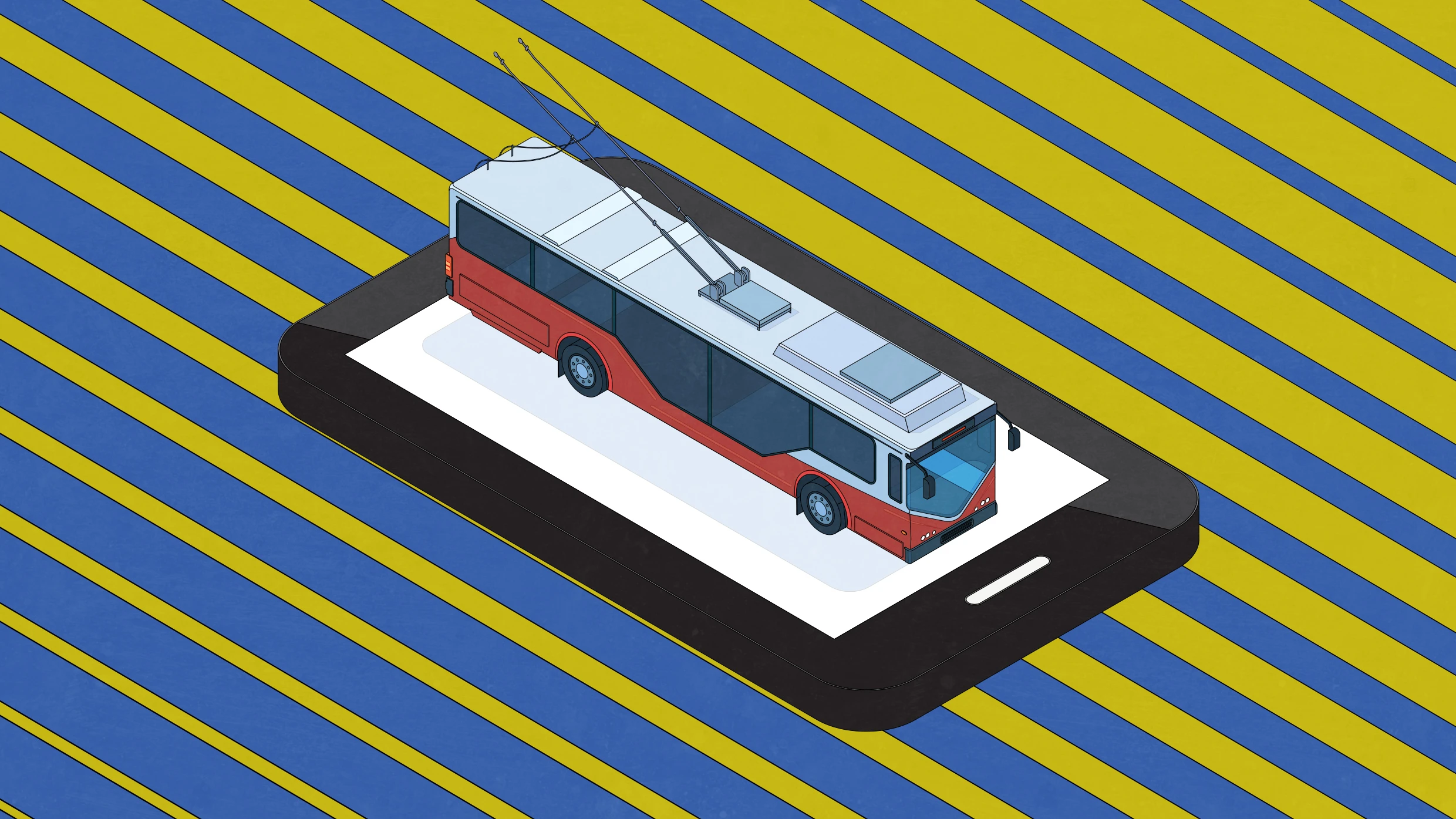
"Transportation can be affordable or even 'free' if we rethink the assumptions baked into our infrastructure and business models."
"The prevailing belief in the US is that roads, buses, bikes, and other forms of mobility must be either government-funded, directly paid for by customers out of pocket, or a combination of the two."
"There's another path: mobility as an amenity, a service, or a bundled offering."
"When Verizon offers a 'free' phone with a contract, the cost of that $1,000 Samsung Galaxy is baked into your $80/month service plan."
Rethinking transportation infrastructure and business models can make transportation affordable or 'free' for users. The common perception in the U.S. is that mobility must be funded through government or out-of-pocket payments. However, relying solely on government funding poses risks due to rising deficits. By viewing mobility as a bundled service similarly to how cell phone contracts work, access to various transportation modes can be integrated into users' monthly costs without the need for upfront payments. This shift challenges conventional thinking about transportation funding and accessibility.
Read at Fast Company
Unable to calculate read time
Collection
[
|
...
]